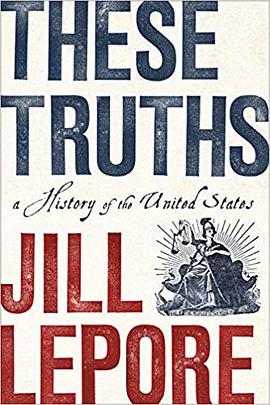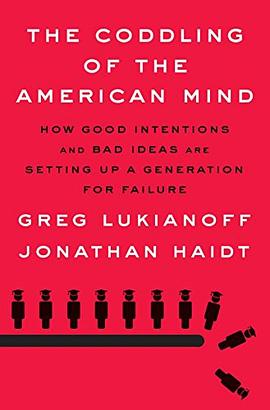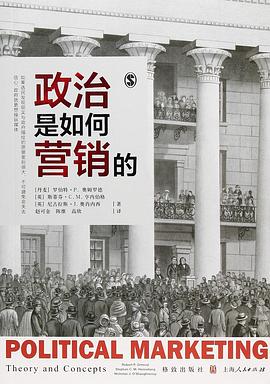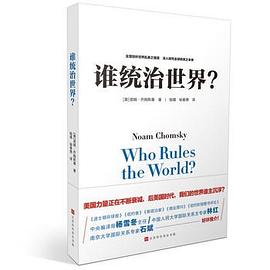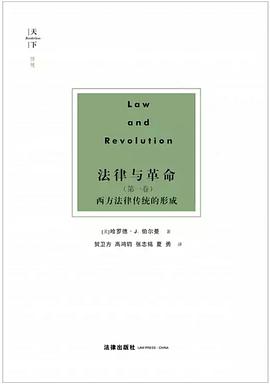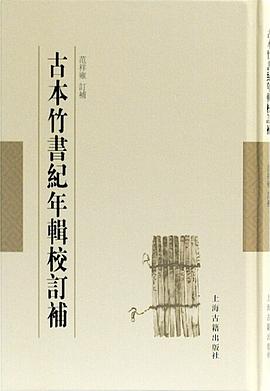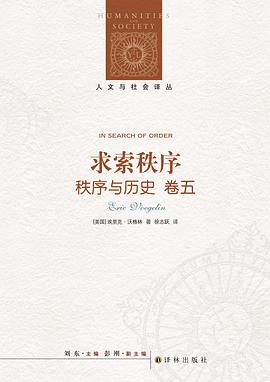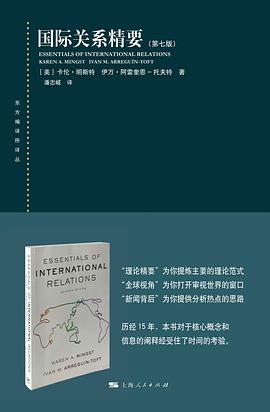
具体描述
Jill Lepore is the David Woods Kemper ’41 Professor of American History at Harvard University and a staff writer at The New Yorker. Her many books include The Secret History of Wonder Woman, a national bestseller, and Book of Ages, a finalist for the National Book Award. She lives in Cambridge, Massachusetts.
In the most ambitious one-volume American history in decades, award-winning historian and New Yorker writer Jill Lepore offers a magisterial account of the origins and rise of a divided nation, an urgently needed reckoning with the beauty and tragedy of American history.
Written in elegiac prose, Lepore’s groundbreaking investigation places truth itself—a devotion to facts, proof, and evidence—at the center of the nation’s history. The American experiment rests on three ideas—"these truths," Jefferson called them—political equality, natural rights, and the sovereignty of the people. And it rests, too, on a fearless dedication to inquiry, Lepore argues, because self-government depends on it. But has the nation, and democracy itself, delivered on that promise?
These Truths tells this uniquely American story, beginning in 1492, asking whether the course of events over more than five centuries has proven the nation’s truths, or belied them. To answer that question, Lepore traces the intertwined histories of American politics, law, journalism, and technology, from the colonial town meeting to the nineteenth-century party machine, from talk radio to twenty-first-century Internet polls, from Magna Carta to the Patriot Act, from the printing press to Facebook News.
Along the way, Lepore’s sovereign chronicle is filled with arresting sketches of both well-known and lesser-known Americans, from a parade of presidents and a rogues’ gallery of political mischief makers to the intrepid leaders of protest movements, including Frederick Douglass, the famed abolitionist orator; William Jennings Bryan, the three-time presidential candidate and ultimately tragic populist; Pauli Murray, the visionary civil rights strategist; and Phyllis Schlafly, the uncredited architect of modern conservatism.
Americans are descended from slaves and slave owners, from conquerors and the conquered, from immigrants and from people who have fought to end immigration. "A nation born in contradiction will fight forever over the meaning of its history," Lepore writes, but engaging in that struggle by studying the past is part of the work of citizenship. "The past is an inheritance, a gift and a burden," These Truths observes. "It can’t be shirked. There’s nothing for it but to get to know it."
用户评价
##由于选举人数的计算(奴隶算3/5),造成杰弗逊击败亚当斯当选总统。在美国开国的36年里,有32年的总统是来之拥有奴隶的维吉尼亚州。唯一的例外是约翰 亚当斯。 1800年的选举被称为革命-“透过理性而和平的改革手段,即人民的选举权”来完成的。16个州有7个修改了选举出选举人团...
评分 评分##乾隆四十一年,也是公元1776年。 那时的大清是一片繁荣昌盛的景象。在这一年,乾隆除了追谥明末殉难诸臣,删销书籍,还重用了和绅。 同年的7月4日,北美洲费城的民众召开了一次大陆会议,发表了《独立宣言》,并宣告美利坚合众国正式成立。 “ We hold these truths to be self...
评分##乾隆四十一年,也是公元1776年。 那时的大清是一片繁荣昌盛的景象。在这一年,乾隆除了追谥明末殉难诸臣,删销书籍,还重用了和绅。 同年的7月4日,北美洲费城的民众召开了一次大陆会议,发表了《独立宣言》,并宣告美利坚合众国正式成立。 “ We hold these truths to be self...
评分 评分 评分##如果杰弗逊是骑在奴隶的肩膀上前往白宫,杰克逊就是骑在人民的双臂上前往白宫。人民,就是那些被赋予了选举权的农民和工厂工人。 杰克逊在职期间,废除了国家银行,这场银行战争“无非是一场人群对抗财产的战争”。人民的杰克逊,人群之王,大胜。 这次废掉国家银行造成银行业...
评分 评分1925年田纳西州代顿市有一场审判,受审者为约翰 斯科普斯,一位生物老师,被控犯有教授进化论的罪行。 这场审判非常有名,只要是讲进化论历史的,这场审判必定拿出来作为反面教材。而那个控方律师威廉 詹姆斯 布莱恩更是被作为典型反面人物大批特批。 布莱恩在他的一篇名为“达...
相关图书
本站所有内容均为互联网搜索引擎提供的公开搜索信息,本站不存储任何数据与内容,任何内容与数据均与本站无关,如有需要请联系相关搜索引擎包括但不限于百度,google,bing,sogou 等
© 2025 book.idnshop.cc All Rights Reserved. 静思书屋 版权所有

